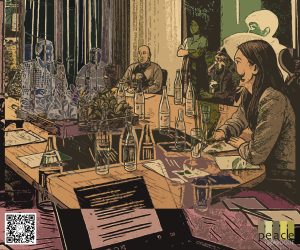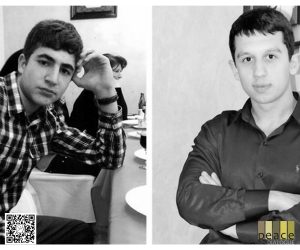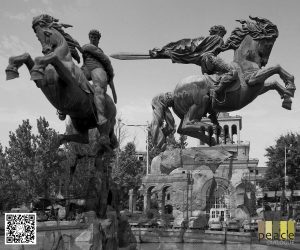ACTIVITIES
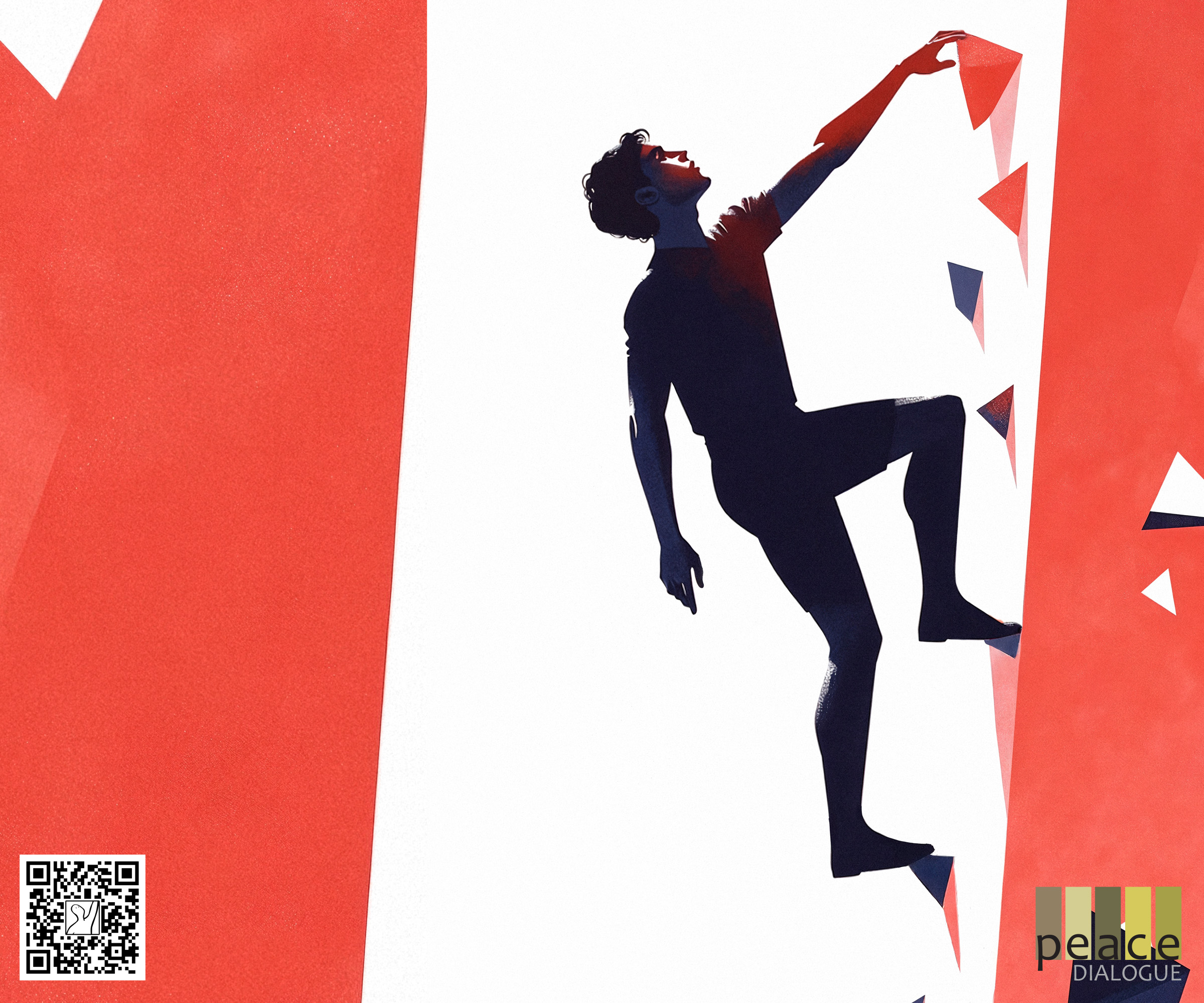
PEACE DIALOGUE NGO’S STRATEGY: 2026-2030
In conflict and post-conflict environments, through its initiatives conducted locally, regionally, and internationally, Peace Dialogue endeavors to make meaningful contributions to:
- Forming multi-dimensional dialogue,
- Protecting human rights,
- Cultivating a culture of peace and fostering peace movement,
- Nurturing respect for democratic values,
- Facilitating the development and fortification of democratic institutions,
- Avocating for the interests and rights of conflict-affected groups.
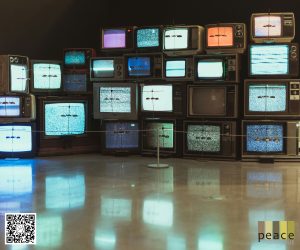
Multi-Stakeholder Foresight Dialogue: Exploring Future Scenarios in Armenian-Azerbaijani Relations
Local Peacebuilders together for Global Peace!
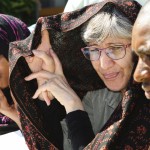
German Foundation Culture Counts in cooperation with the Federal Foreign Office organized the first “Global Peacebuilder Summit” from September 4-9, 2016. 30 peace and human rights activists from around the world gathered in Berlin to discuss the role of civil society in peacebuilding processes. The objective of the “Global Peacebuilder Summit” was to strengthen these key actors in their commitment, to make their work better known to the broad public, and to facilitate the networking between them.
The Suicides and Murders Statistics in the Armenian Army (Infographics)
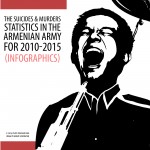
Over a period of six years, from 2010 to 2015 the RA and NK armed forces suffered a total of 206 fatal casualties, of which 48 were results of suicides and 43 results of murders. That number does not include the fatalities that were the result of ceasefire regime violations on the Armenian-Azerbaijani border and the line of contact. In percentage this numbers are equivalent to 23% and 21% of total non-combat casualties during the last 6 years.
The Fatal Accidents Statistics in the Armenian Army (Infographics)
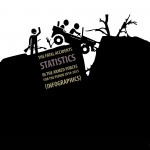
67 fatalities out of 206 recorded in the RA and NK armed forces during the period 2010-2015 were fatal accidents. This number does not include the fatalities that were the result of ceasefire regime violations on the Armenian-Azerbaijani border and the line of contact.
Peace Dialogue NGOs suggestions on the draft action plan of the RA Ministry of Defense for the Human Rights protection for the period 2017-2019

In response to the announcement posted on the RA Ministry of Defense website inviting non-governmental organizations to send proposals for designing a draft action plan for the period of 2017-2019 stemming from the provisions of the strategy for the protection of Human Rights, Peace Dialogue NGO sent the following suggestions to the RA Ministry of Defense.
The Armenian Army is Used for the Political Gains by the Regime Once Again

On August 11, 2016, in response to the Peace Dialogue’s letter, the Chief of Staff of the RA MoD, stated: “According to Article 9 and Article 12 of the RA law on State and Official Secrets, as well as the decision N 173 made on March 13, 1998 and decision number 665 made on October 29, 1998, the questions and legal acts, requested by the organization, contain state and official secrets.
Art Can Unite. ARENA: Summer School
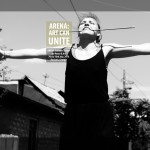
The inaugural ARENA: Summer School for Peace and Art was held this year in Borjomi, Georgia. During the Summer School a group of 47 activists, independent artists and trainers from 9 different countries including the Russian Federation, Netherlands, Armenia, Lebanon, Azerbaijan, Italy, Ukraine, Georgia, and Germany worked in three groups: theatre, graphic design and video.
The Summer School was organized under the scope of the three-year project ARENA: Community Theatre and Public Art launched in 2015. ARENA aims to empower civil society representatives of former Soviet Union and Eastern partnership countries and the Russian Federation to work together to develop creative approaches, new methods and activities in the field of human rights and peace building.
Where were you before the war?
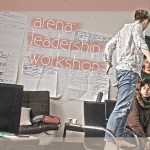
“Very often people get angry and say “Where were you before the conflict? Why weren’t you doing such trainings before the conflict?” And I answer, we do our activities not after this conflict but before a future possible conflict. The things we say to other people mean nothing and have no effect on them. The most effective method is how we live our lives and how we deal with the things in a given situations: this is what people see and value first of all”. – This is how G. Bozicevic formulated his view on peace leadership.


